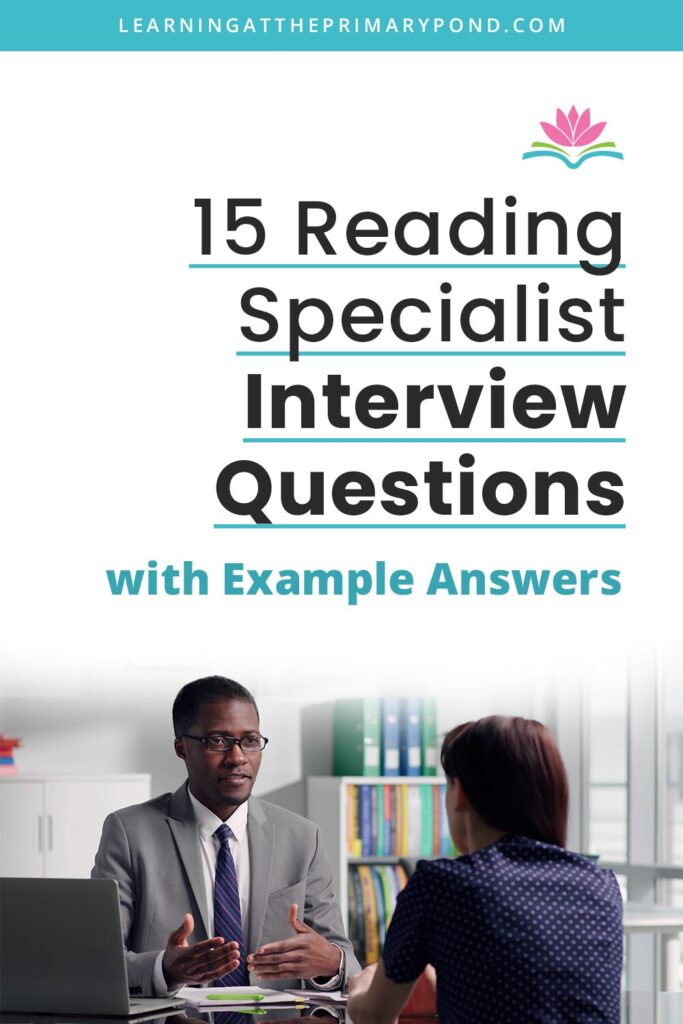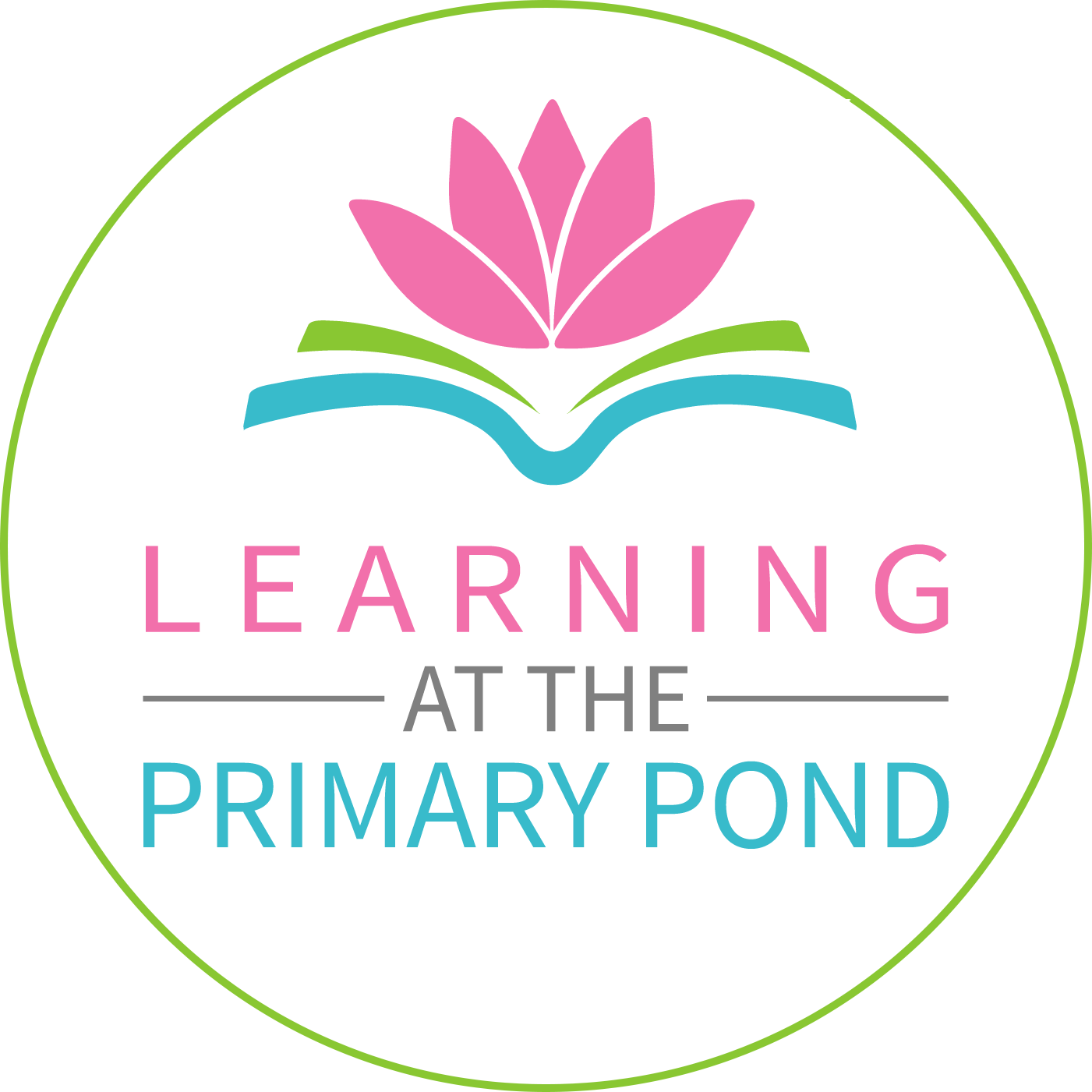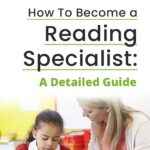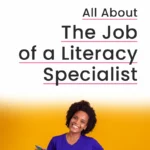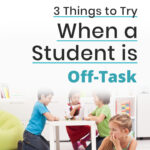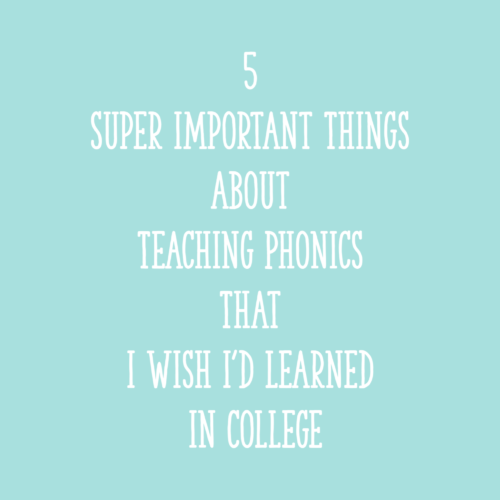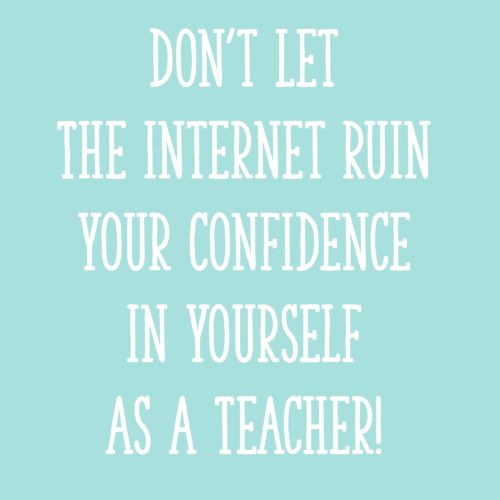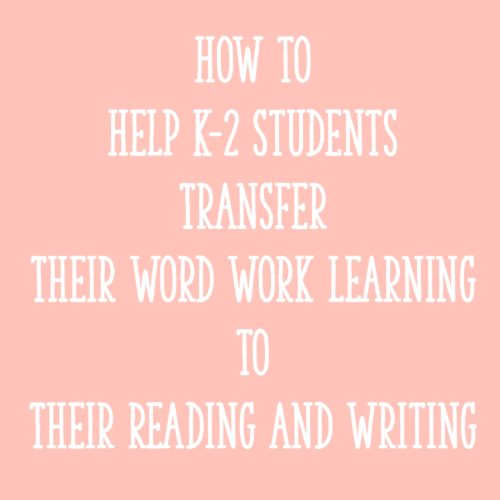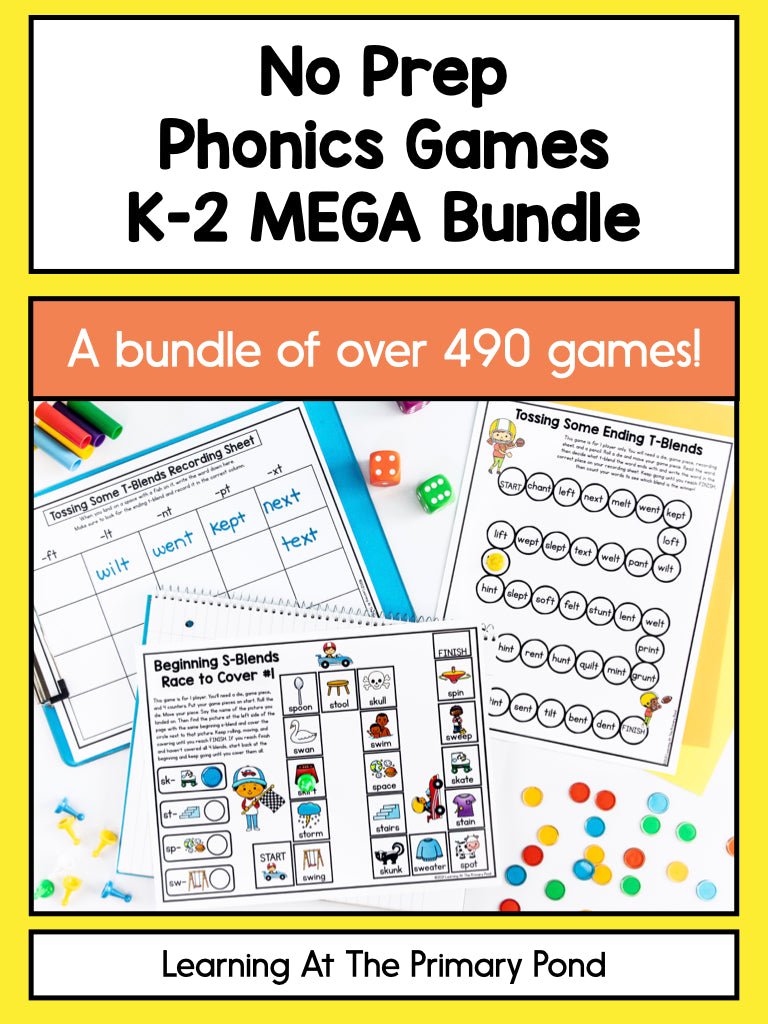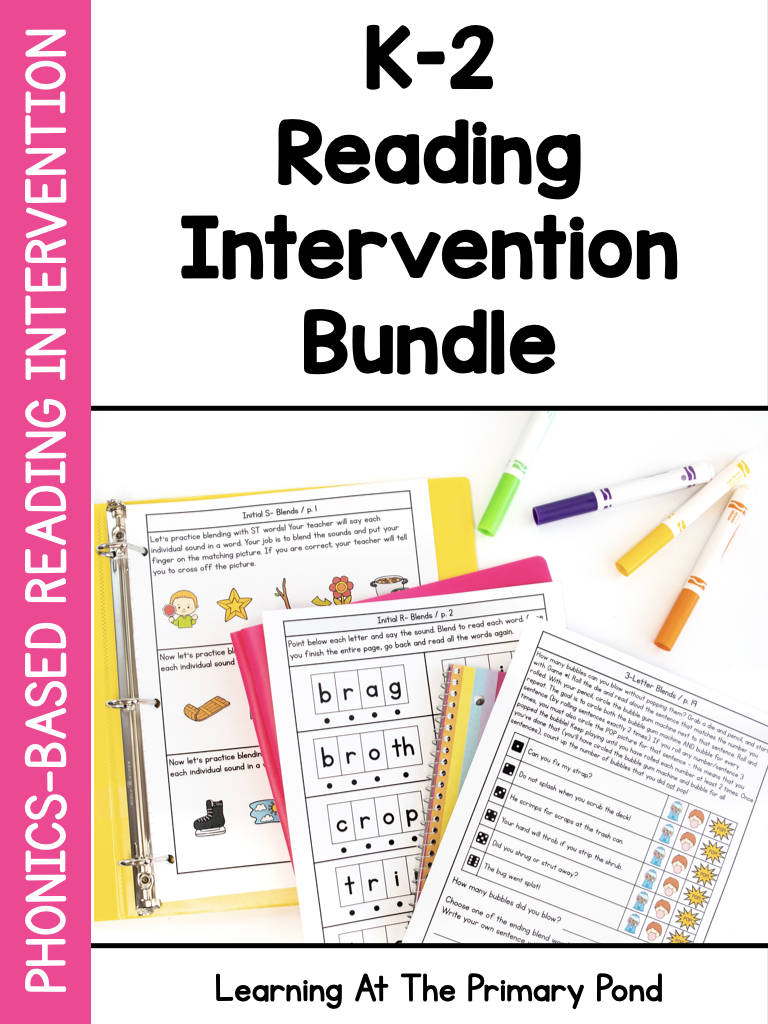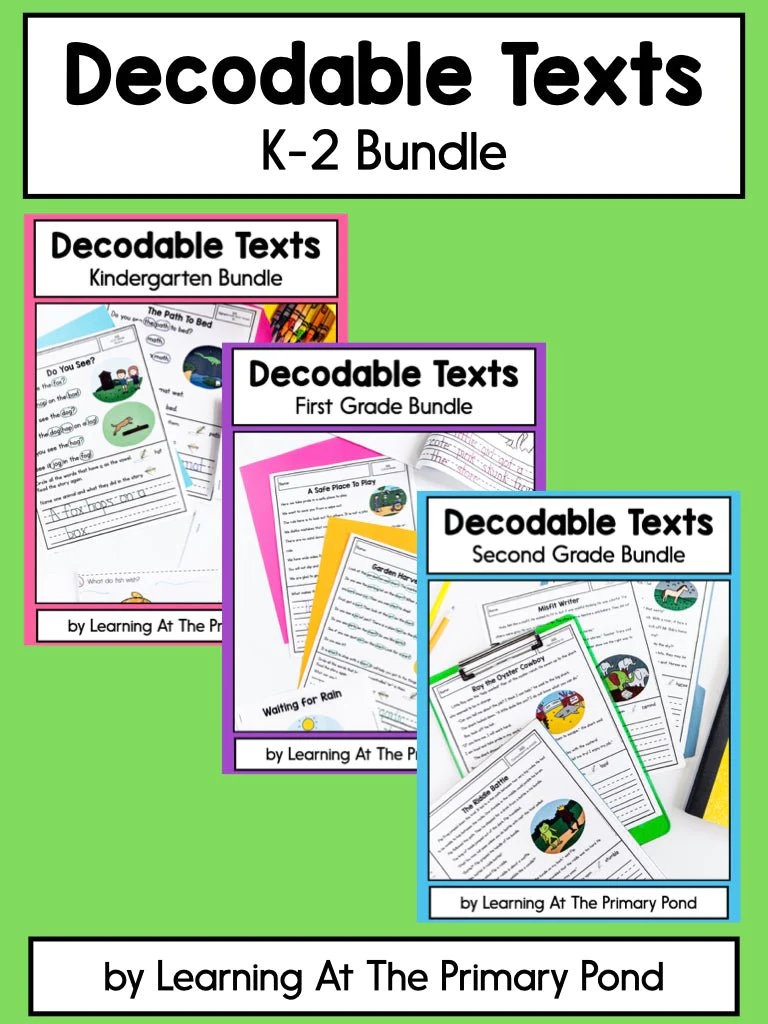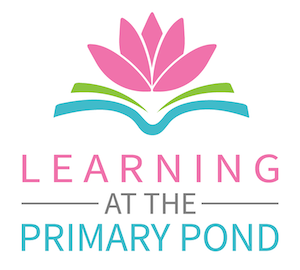Are you preparing for an interview for your first reading specialist position? Or considering taking the leap to search for reading specialist jobs? If so, you’ll probably want to rehearse with a list of reading specialist interview questions ahead of time!
I remember my own interview for my first reading specialist job like it was yesterday – even though it happened over a decade ago! I was interviewing in a district different from the one where I worked, and I had no idea what to expect. My contact brought me into the interview room, and…I was greeted by about 15 principals! 😱
The size of my audience was quite a surprise, but I managed to stay calm and landed the job!
If you’re considering interviewing for reading specialist jobs, don’t worry – typically interviews aren’t as intense as mine was. In this post, I’ll help you get ready for whatever your interview brings so you can boost your chances of landing your next job! I’ll share some of the most common questions you might be asked, along with a sample answer for each one.
Before we dive in, I wanted to let you know that if you want a list of these interview questions to download and keep, you can check out my FREE A to Z Guide to Becoming a Reading Specialist. This PDF includes a step-by-step guide to becoming a reading specialist, a list of common reading specialist interview questions (even more than what’s included in this post), and a list of my favorite websites for reading specialists. Grab it for FREE here!
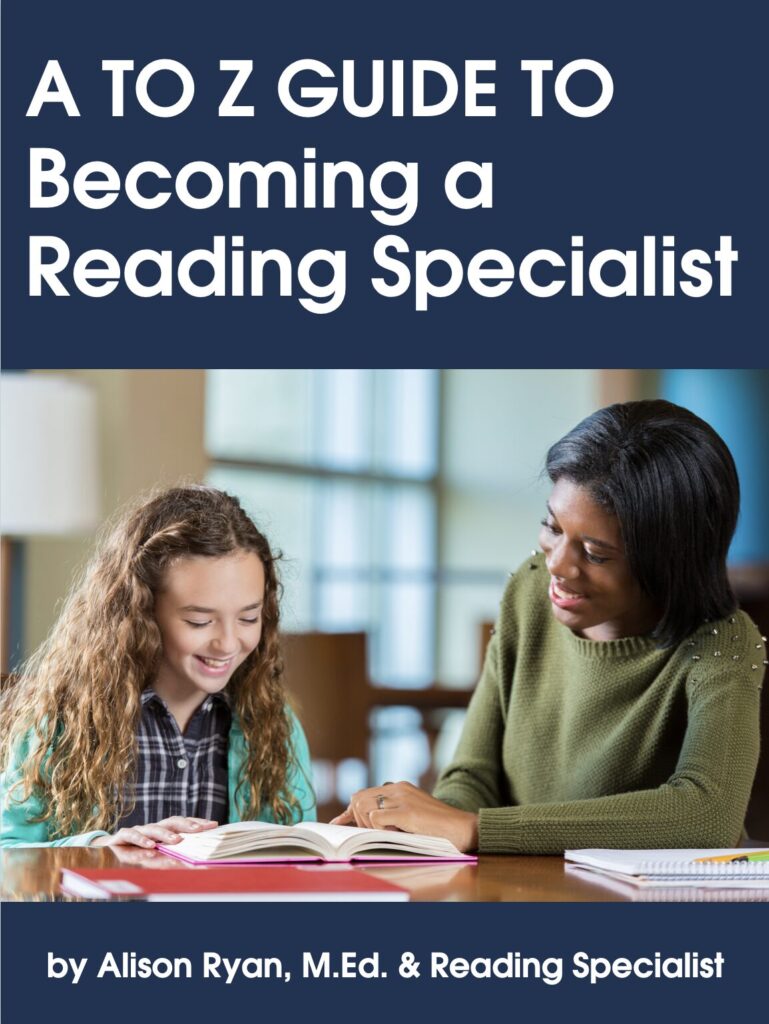
Now, onto the questions:
1. Can you describe your past experiences and background in literacy education?
This is where you really want to not only describe your experience, but also make a point to highlight some of your strengths. Consider discussing a specific course you took that was impactful, or specific strengths as an educator you acquired through a specific instructional literacy experience.
Although it seems like it should be easy to talk about your experiences and background, it’s usually helpful to review and make some notes ahead of time so that you can really highlight what you most want to discuss during the interview.
2. What instructional strategies do you find most effective in promoting literacy development? (Or you may be asked about a specific skill area, like fluency.)
A: Here, you’ll want to discuss Structured Literacy and evidence-based best practices. Hopefully, you’ve learned a lot from your certification program in becoming a reading specialist. If you want to brush up on best practices, you can also join the Reading Intervention Collaborative and go through our video trainings.
3. What have you found to be the best ways to assess a student’s reading abilities?
A: If we have an abundance of anything in education right now, it’s assessments. I’ve found that not all assessments accurately measure the abilities of all students, or are necessarily an accurate measure of student success.
When I’m assessing a student’s reading abilities, I find that the assessments I can do one-on-one are the best way to get an accurate snapshot of how well a student reads, and what skills they are still struggling with. For example, formal assessments like word reading tests, or even informal conversations in which the students demonstrate their comprehension of a text.
4. Which assessments are you familiar with?
Make a list of the ones you know ahead of time, so you don’t freeze up and blank out during the actual interview!
5 & 6. What role do literacy assessments and data play in your instructional planning? How do you use that information to inform your instruction?
A: Literacy assessments and data collection are an integral component of my instructional planning. While I always advocate for keeping a “whole child” picture in mind, assessments and data are hugely beneficial in providing intentional instruction. Data from these assessments offers guidance for which skills the whole class needs, which skills specific groups of students are struggling with, and raises red flags for the individual needs of students who are struggling and may require more structured and intentional interventions. This information also helps with forming groups of students who need instruction on the same skills. (Give specific examples here.)
Monitoring progress on a consistent basis is very important, too. Even informal assessments can provide valuable data that helps with decision making around what to teach, which skills need to be reviewed, and when we can move on from a skill. (Give specific examples here.)
7. Describe a situation where you successfully differentiated instruction to meet the needs of diverse learners in a reading classroom.
This one will be pretty specific to your experience, and differentiated instruction is often the biggest challenge for classroom teachers, but it plays a vital role in the academic success of students. Be sure to have an example (or several) in your back pocket for your interview, and be ready to talk about what type of assessment you gave (whether it was formal or informal,) how you let the information guide your instruction, and then the outcome of your differentiation. Don’t discount those small adjustments you make in your day to day teaching. Those “in the moment” strategies you use (like providing sentence starters or offering the audio version of a text,) can have a huge impact on struggling readers!
8. How do you incorporate technology into your literacy instruction?
A: A balance of traditional strategies and utilizing new technologies is important in any literacy centered classroom. Ebooks are so easily accessible to readers of varying ability levels, so they can be used to differentiate text levels for students, especially for those with individual learning plans.
I’ve also found audiobooks to be beneficial for students who struggle with comprehension, and may not yet be able to read independently. Online educational games are a big hit for many students when we’re doing independent skill practice, as they love to engage with new material in a fun way!
9. Can you provide examples of specific technology tools or resources you have used?
You don’t need to wow them with a fancy tech tool they’ve never heard of with this question. Make sure it’s a tool you know well, and keep your emphasis on how you used it, its engagement factor, the success of its use with students, and how it impacted your instruction in literacy. If you can connect the tool to any of the latest research surrounding literacy instruction, your answer will be that much stronger!
10. How do you support struggling readers or students with learning disabilities in your classroom?
A: After identifying struggling readers with assessment data, I always make sure I am differentiating instruction to best meet their needs. Or, when I have a student with a diagnosis, I make sure to carefully read the IEP.
Some examples of this are creating intentional structured small groups based on skill deficits, collaborating with special educators and/or interventionists to modify instruction and provide supports as needed, and ensuring I have multiple modes of accessibility available for literacy materials within my classroom setting. (Give concrete examples here.)
11. Can you share an example of a successful literacy intervention you implemented, including the specific steps you took and the outcomes achieved?
Even if you’re moving from a classroom role into an intervention or literacy specialist role, you can still describe in detail an intervention that has been used. For this answer, be sure to explain your justification for choosing the selected intervention, the length of the intervention, different methods of instruction that were used, what skills were focused on, and the improvements the student(s) made.
(If you want to learn more about evidence-based literacy interventions at the K-2 level, check out my Reading Intervention Collaborative membership.)
12. How do you collaborate with other educators, such as classroom teachers and special education staff, to support literacy development across the curriculum?
A: I collaborate with several members of the literacy team on a regular basis, through meetings but also through informal conversations and email. For students on IEPs, I make sure that I’m utilizing the expertise of the special educators in regards to IEP goals, accommodations, and modifications to curriculum and assignments. I’m always sure to take advantage of the knowledge and expertise within the school—I’m not afraid to ask for advice, or seek out specifics on what works best for certain groups of students from different staff members. Providing students with necessary support in literacy is very much a team effort!
13. What do you believe are the most significant challenges facing literacy instruction today, and how would you address them in your role as a reading specialist?
A: One big issue facing literacy instruction is equity and accessibility. As teachers, we are charged with providing a free and appropriate education to a diverse population of students with a huge variety of learning needs. In the role of a reading specialist, it is my responsibility to serve and advocate for students with housing and food insecurity, those who don’t have access to literacy rich environments at home, for students who struggle to master literacy skills, and for those who may struggle with attendance or access to school itself. Keeping these students in mind as we make instructional decisions is one of my biggest priorities.
14. Discuss the role of phonics in the teaching of reading.
A: We know that not all students have had access to quality phonics instruction and are lacking phonemic awareness skills. This becomes more problematic the older they get and the bigger the gap grows. While some of our students have successfully learned to read despite lacking phonics instruction, many of them still need to learn these basic foundational skills in order to become proficient readers. I’ve found that even upper elementary, middle, and high school students have benefited from some form of phonics instruction to help them become readers with stronger fluency and reading comprehension skills.
15. What professional goals do you have for yourself?
This is a great place for you to highlight how you’ll grow with whatever school or position you are applying for. Whether becoming an effective reading specialist is your ultimate goal, or if you eventually hope to move into administration or curriculum development, be sure to highlight how your goals will benefit their school as you are working on pursuing them. You may also want to discuss any desires you have to provide professional development to school staff.
Whew, that was a lot! I hope this gives you a starting point for preparing for your reading specialist interviews. Remember that the more specific you can be, the better (of course, I was not able to give you specific examples here, because you’ll need to draw upon your own experiences).
If you want a list of these questions and many more goodies to help you along your way, grab my free guide before you leave.
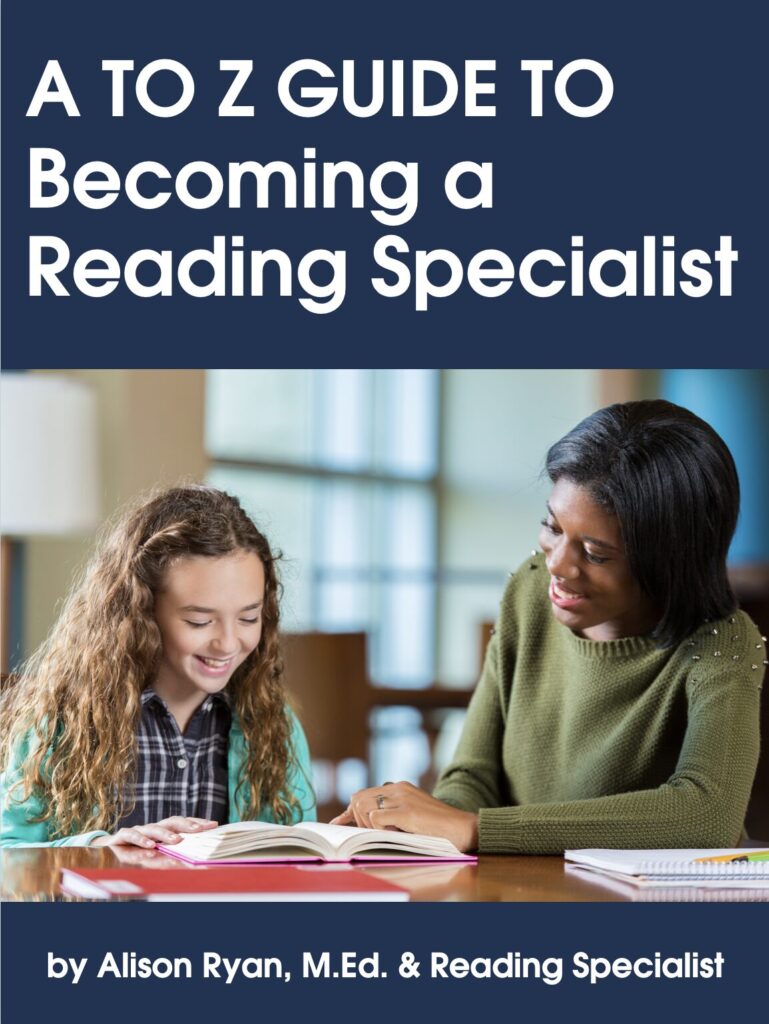
Good luck at your interview!
